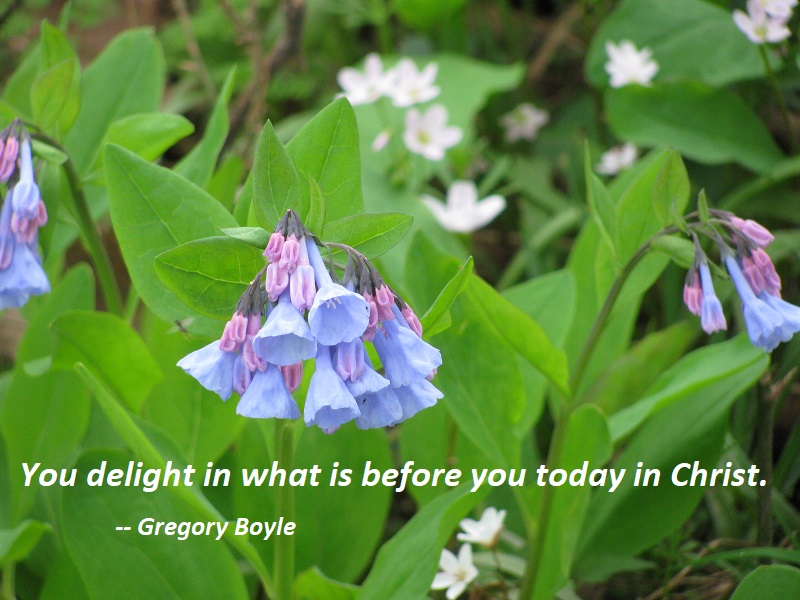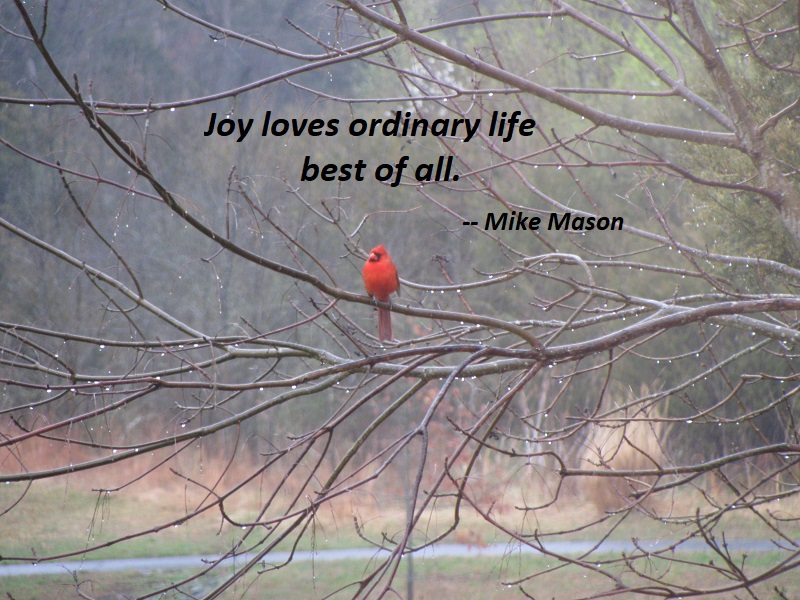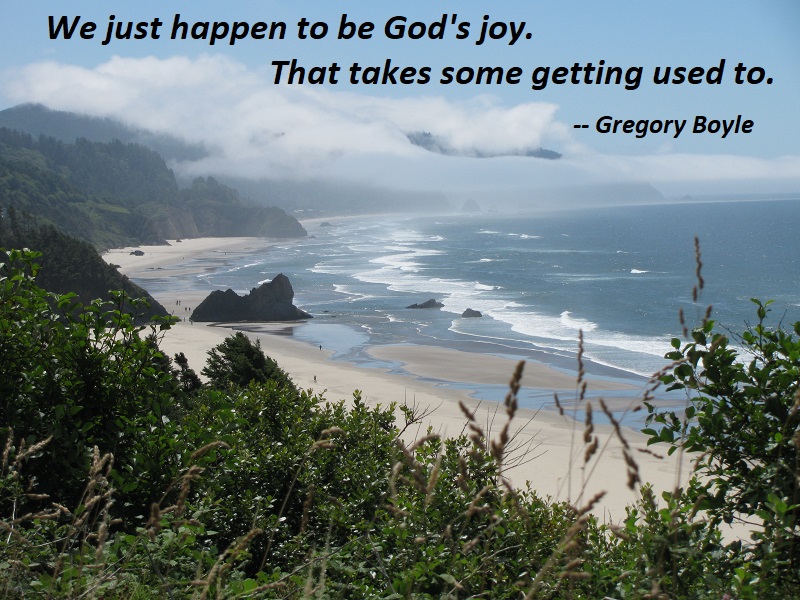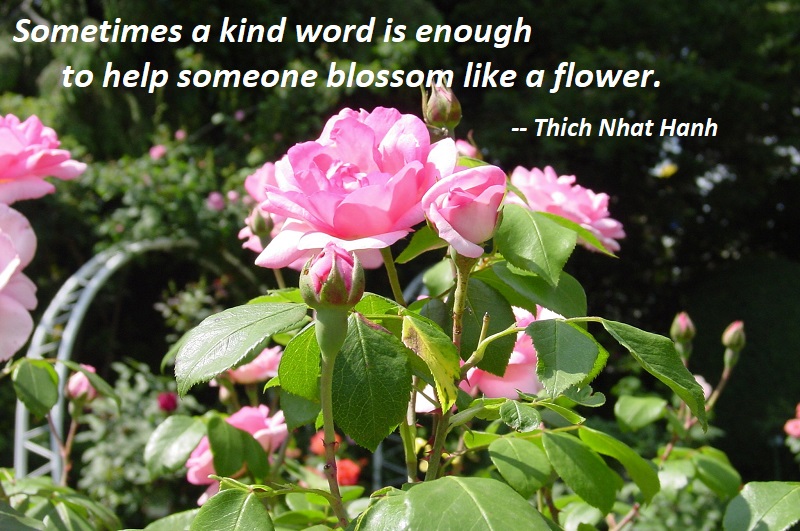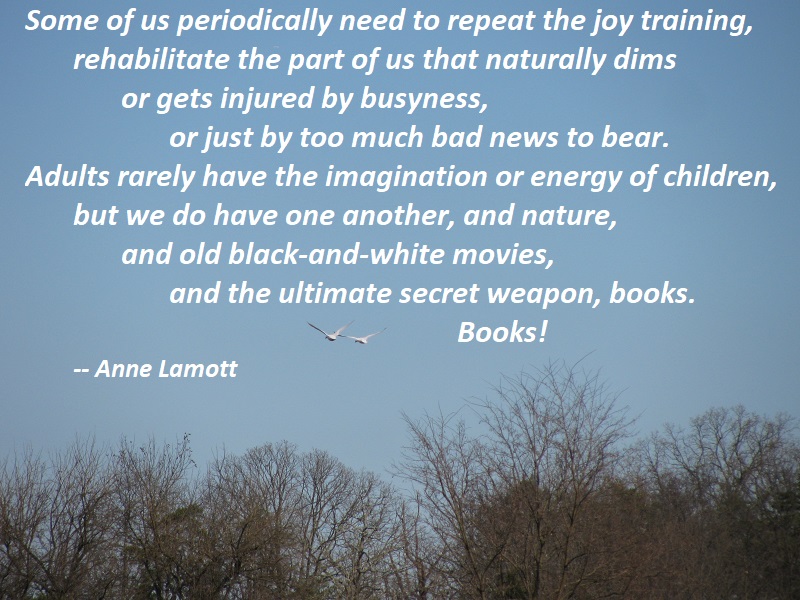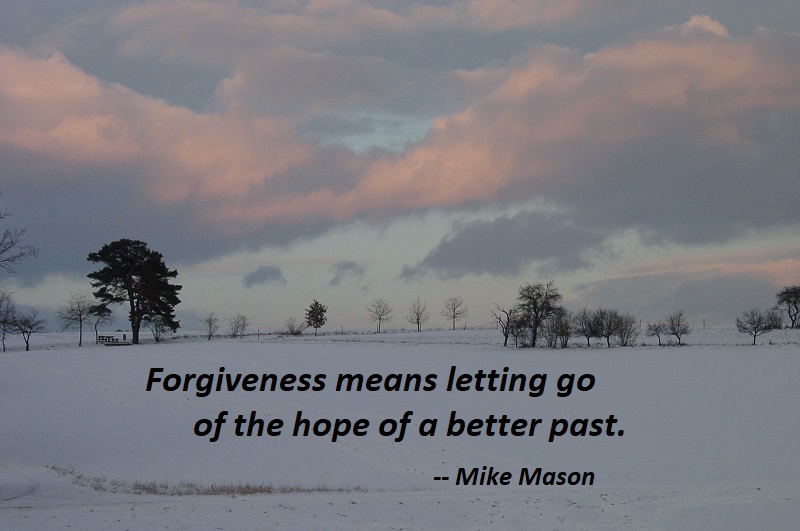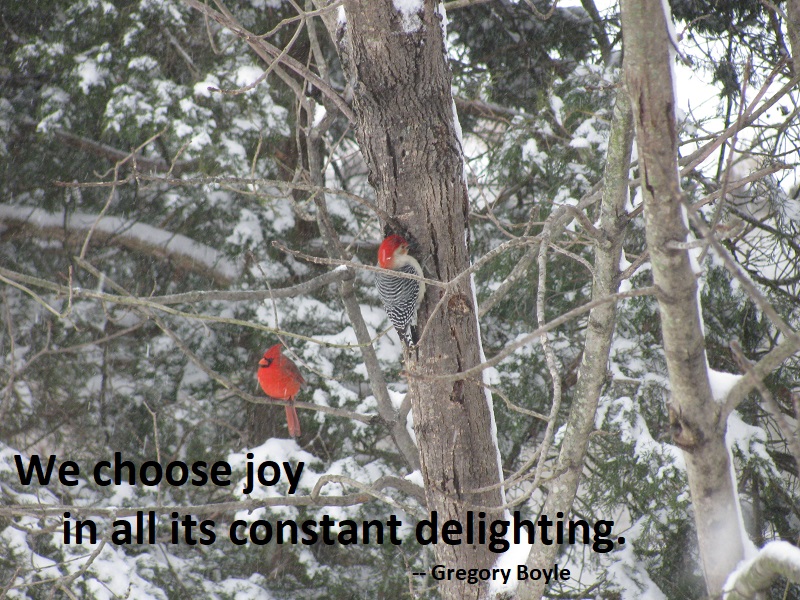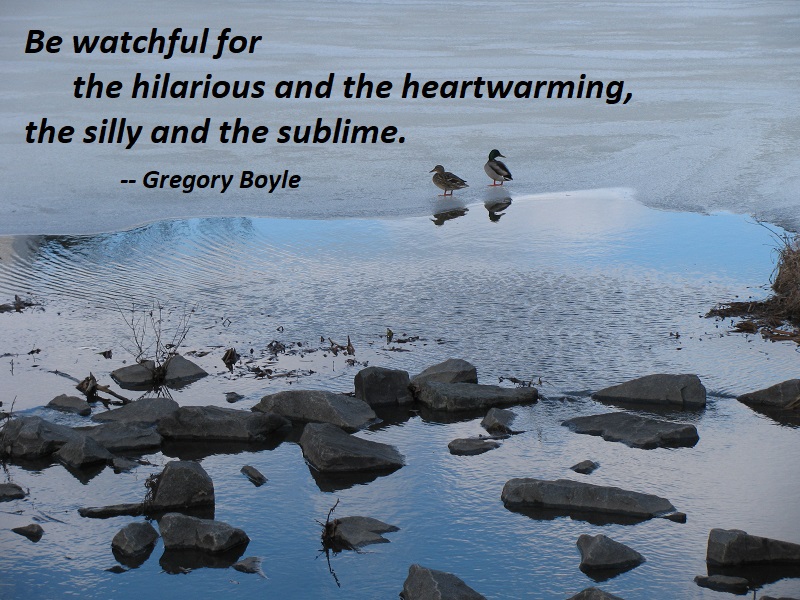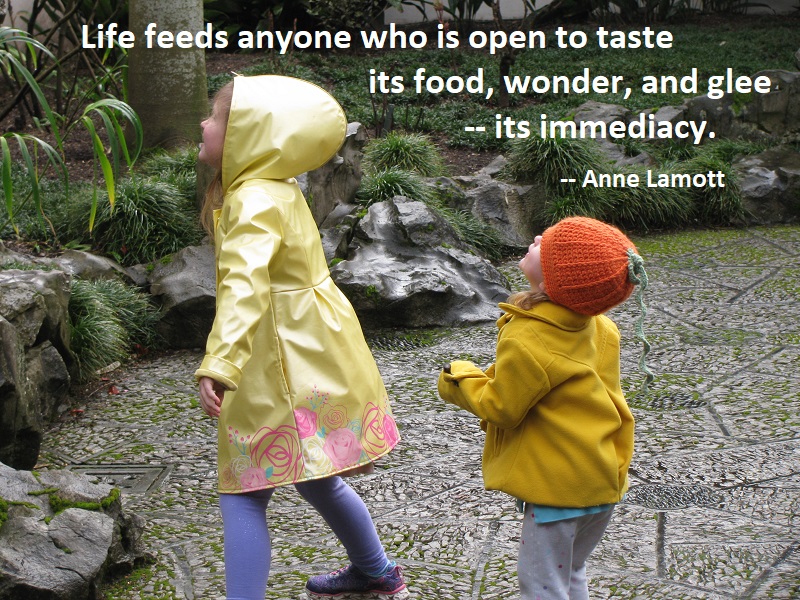Joy in the Present Moment
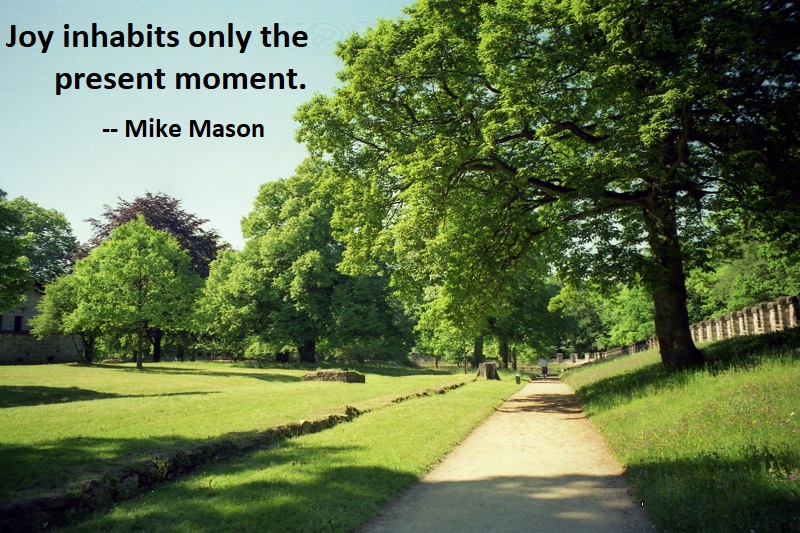
If I’m trying to be happy today in the same way I was happy yesterday, I’ll fail. The manna of joy falls in limitless supply, but each day’s rations must be gathered afresh. Joy inhabits only the present moment; if I can’t embrace it now, it’s gone.
What keeps me from seizing joy in the moment? Sorrow, obviously; yet joy too, either remembered or anticipated, can alienate me from present reality. Great things have happened and will happen, but they cannot compare with what God does right now, that His power and glory may continually spring forth fresh.
— Mike Mason, Champagne for the Soul, p. 141
